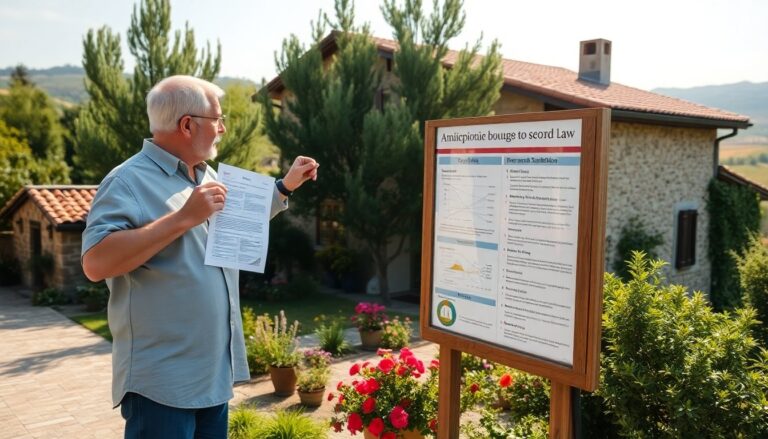In a significant shift within the Italian tax landscape, new regulations have been introduced for owners of second homes concerning the IMU (Municipal Property Tax). This reform aims to alleviate the financial burden associated with maintaining a secondary property. Notably, homeowners can now apply for
an exemption from the IMU by simply providing a recent utility bill, streamlining what was once a complicated bureaucratic requirement.
The IMU has historically posed a financial challenge for many families, particularly those with additional properties that are infrequently rented out. The new exemption policy offers relief as owners navigate their financial obligations. This exemption is especially beneficial for those who use their second homes sporadically for
vacations or short stays, acknowledging personal use without generating rental income.
Eligibility criteria for IMU exemption
To qualify for the IMU exemption, homeowners must meet specific criteria. The primary requirement is that the property must be a second home not rented out. Homeowners must show that the residence is used personally rather than as a source of income. The key document in this process is the utility bill, which serves as proof
of occupancy.
Document requirements
Homeowners are required to submit a utility bill issued within the last three months, indicating active use of the property. This simplification marks a significant departure from previous requirements, which often involved extensive documentation that was cumbersome and time-consuming to gather. Now, with just a single bill, the path to exemption is much clearer.
Application process for IMU exemption
The application process for the IMU exemption is straightforward. Homeowners must submit their recent utility bill to their local tax office, either in person or through available online platforms. Each municipality will outline specific procedures for submission, but the core requirement remains consistent nationwide.
Once submitted, it is the responsibility of the local administration to verify the validity of the utility bill and ensure it corresponds to the property in question. Upon acceptance, the exemption will apply for the entire tax year. Homeowners should be aware that they will need to provide a new utility bill periodically to maintain their exemption status.
Benefits of the new exemption
This legislative change represents a significant advancement in reducing bureaucratic hurdles for second homeowners in Italy. The new policy not only simplifies tax-related processes but also provides much-needed financial relief. By making the IMU easier to manage, homeowners can enjoy their properties without the stress of complex tax obligations.
The introduction of this exemption is expected to enhance compliance among homeowners, as the streamlined process reduces the likelihood of errors and misunderstandings that could lead to penalties or disputes with the tax authority. Additionally, it encourages property owners to use their second homes more actively, knowing they are not burdened with excessive taxation.
Future considerations for homeowners
As homeowners navigate this new landscape, it is essential to stay informed about any further developments or changes in regulations. The tax system may undergo modifications, and staying updated will help homeowners maximize their benefits while ensuring compliance with local laws.
Furthermore, it is advisable for property owners to maintain clear records of their utility bills and any correspondence with tax authorities. This diligence can protect homeowners in the event of an audit or questions regarding their exemption status. By understanding the requirements and maintaining accurate documentation, homeowners can fully enjoy the advantages of the new IMU exemption.

